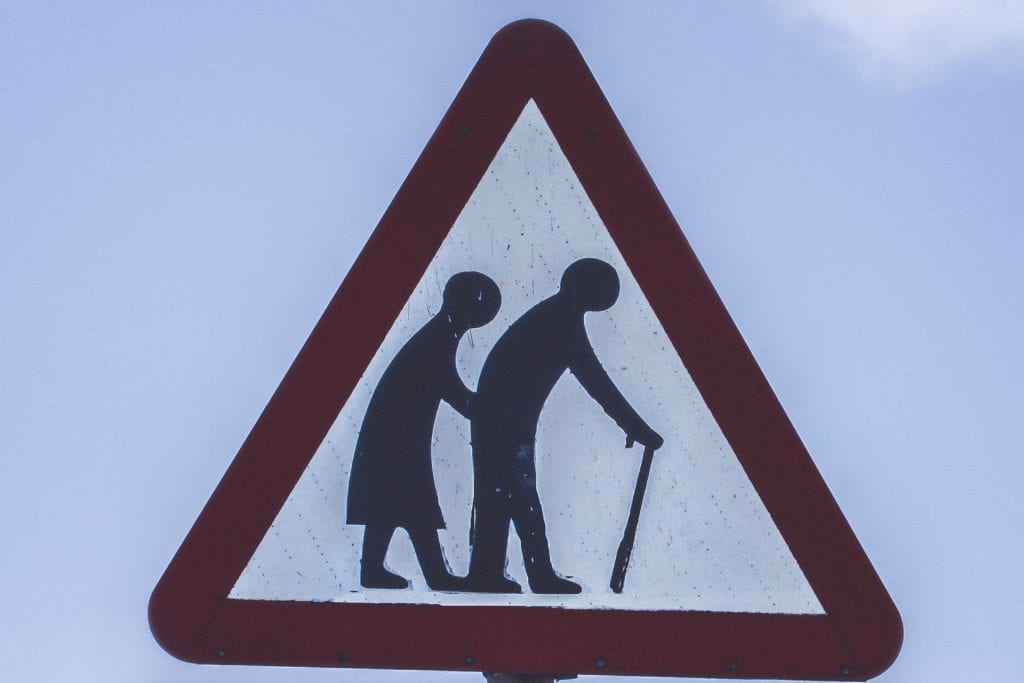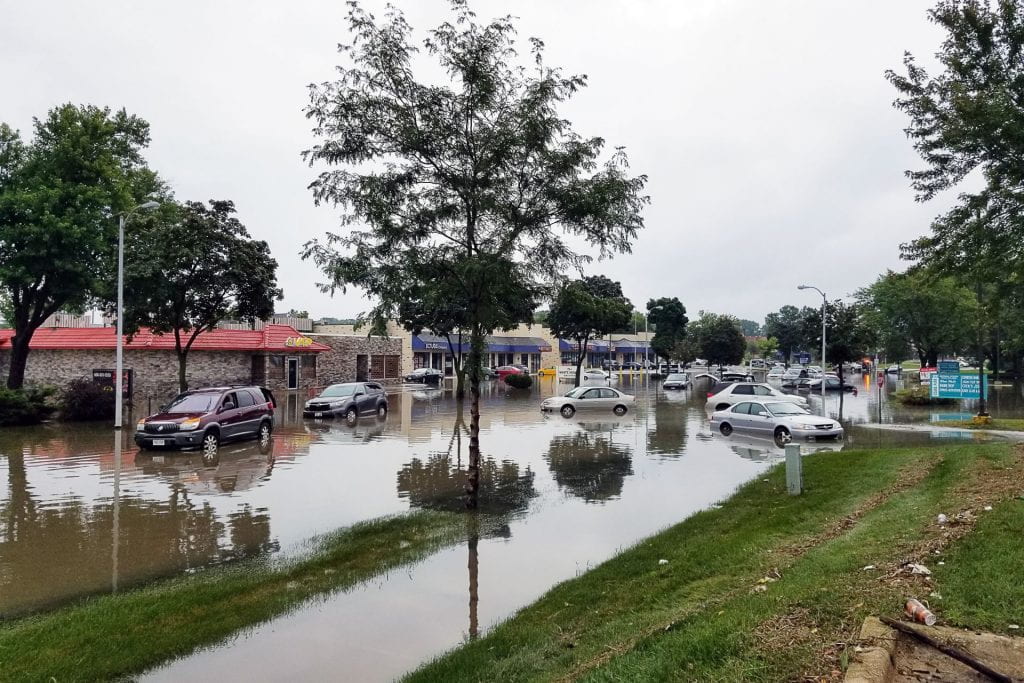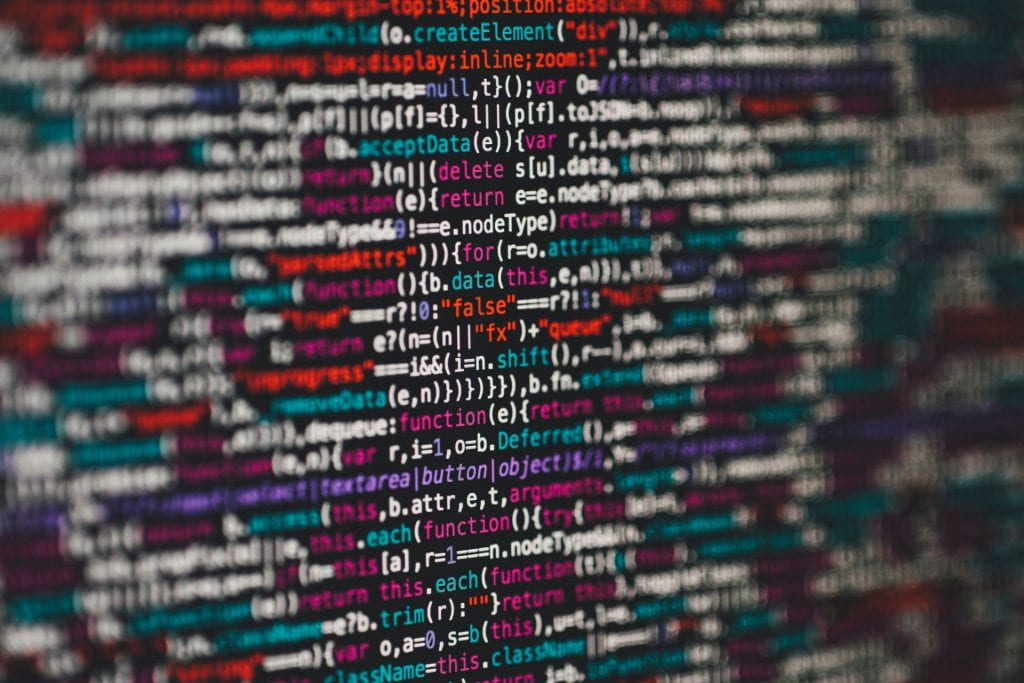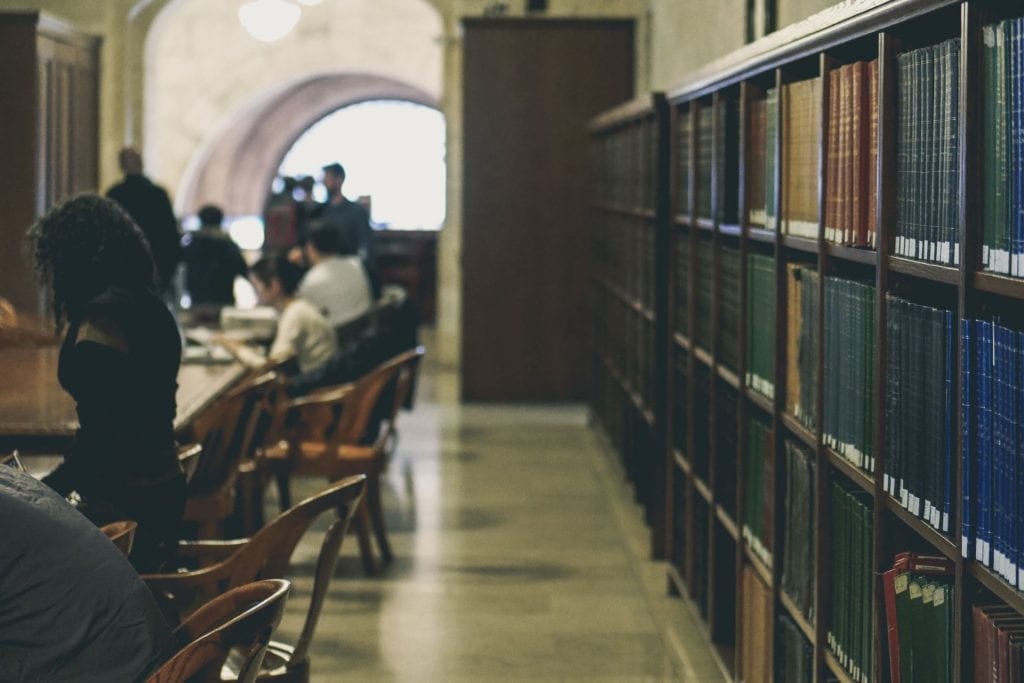The research group was founded at the Civil Engineering Department of University of Texas at Arlington by Professor Kate Hyun in 2017. Our research centers on developing strategies and techniques to implement data-driven community-based decisions. Through innovative data collection and analysis strategies, the research team develops local, regional and statewide analysis and solutions to reveal and understand hidden problems for underserved populations and communities.
Our research interests include: developing strategies to enhance mobility and accessibility for transportation disadvantaged population, exploring data fusion techniques and big data analytics for travel behavior modeling, understanding the impact of adverse weather events on freight movement, and exploring how professionals in different fields could interact around issues of transportation.
Research Highlights

Mobility in Smart City
The future of transportation has as much to do with advances in technology as it does with how road users respond to the technologies, especially for emerging vehicle technologies, new mobility options, and innovative infrastructure planning and operations systems. Dr. Hyun’s research team develops and assesses transportation planning and management operational strategies using various techniques such as GIS, optimization modeling, and data analytics.

Transportation and Equity
Dr. Hyun’s group explores the mobility needs, gaps, and barriers of transportation-disadvantaged and investigates how to overcome these barriers and improve accessibility and equity through placing adequate planning strategies. We aim to help transportation planners and decision-makers understand the behaviors and perceptions of older adults and lower income communities in response to new and conventional mobility options and develop more person-centered institutional assistance or education programs to increase individuals’ accessibility to economic, civic, and social opportunities.

Logistics for Disaster Relief
With significant increases in freight volumes, the impacts from severe weather events to truck traffic may cause an economic loss in Texas and throughout the region. Although the adverse weather events significantly impact transportation infrastructure and networks, a lack of understanding on the scope and magnitude of a weather event’s impact on freight movement persists. The research team aims to understand logistic planning and operational strategies especially during the adverse events to develop neighborhood plans for coastal communities and hurricane-prone areas.

Data Fusion and Big Data
During the last decades, an unprecedented volume of data for both non-motorized and motorized traffic in transportation has become available through a wide range of advanced technology and conventional data collection methods. Data fusion and other advanced modeling techniques have shown promise in other areas of transportation to get more value out of disparate data sources. Dr. Hyun’s research team aims to better understand how the various traditional and emerging sources might complement one another and provide a more complete picture of transportation activity for applications such as safety, demand shifts, and equity analysis.

Transportation and Health
The ideal transportation investment is one that not only provides safe access for pedestrians, bicyclists, motorists and transit riders, but it also promotes more utilitarian or recreational trips for walking and biking in an environment of safe air quality. The research team investigates the relationship between transportation mode choices and human health by observing traveler behaviors and their effect on physical activity and public health.

Education
Minority populations from K-12 to undergraduates have shown a constant academic gap in one of the disciplines of STEM education. The research team develops students learning modules for K-12 and University level by collaborating faculty members in UTA to provide multidisciplinary education through regular and summer course works, K-12 hands-on projects, and independent research units.
The team also explores professional level of education to develop learning opportunities for engineers, planners, and social workers who interact around issues of transportation and transportation equity and identified opportunities.
